President Joe Biden announces sweeping tariffs on Chinese goods as an ongoing trade war between China and the United States enters a key period with the outcome of the 2024 U.S. presidential election potentially becoming important wild card play.
The Biden White House has announced new tariffs on Chinese-made electric vehicles, which could pose a competitive threat to manufacturers from the United States.
Motor vehicles of all sorts made in China currently face a 25% tariff, which was imposed by the administration of President Donald Trump in the summer of 2018.
EVs grow in importance
But the sales of electric vehicles continue to increase globally and Chinese companies are now displaying their mastery of the technology, including the heavy-duty batteries, needed to build EVs at prices substantially lower than those offered by automakers from the U.S., the European Union, Japan, and South Korea. Biden’s move comes during the height of a presidential campaign in which Trump has warned low-cost EVs from China could wind up destroying the American automobile industry and the U.S. manufacturing base.
However, Biden, with his close ties to organized labor, has leaned towards the wing of the Democratic party, which favored protectionist measures and has campaigned in 2020 and 2024 to protect a variety of U.S. industries from Chinese competition. The new round of tariffs will include new levies on semiconductors, which Biden has worked to boost domestically with the bipartisan CHIPS and Science Act in 2022, this act included grants and other incentives for chip makers.
China builds EV powerhouse
Over the past three decades, China has built its automotive industry with the use of subsidies and other incentives for EV and battery technology.
“This year China will export 6 million vehicles to more than 140 countries worldwide, blowing past Japan for global leadership,” Micheal Dunne, an expert on the Chinese automotive Industry, notes in a recent newsletter, “Dunne’s Insights.”
“Chinese brands like SAIC’s MG, Chery, Geely’s Volvo, and BYD are leading the way, winning in every time zone from Brazil to Thailand, from the UK to Australia,” Dunne added.
Presidential politics key
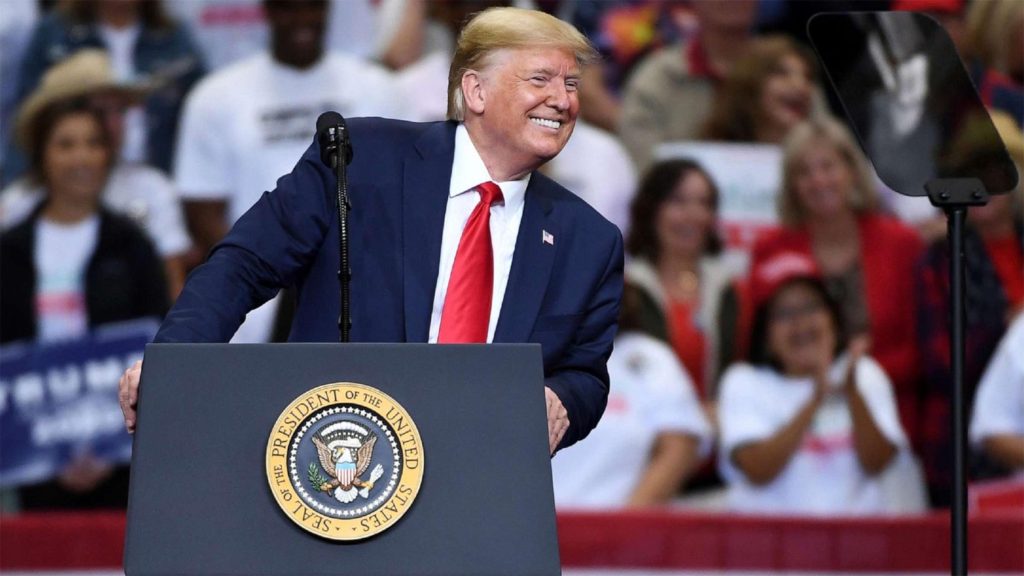
In return for a promise of regulatory relief, Trump offered oil execs a “deal,” which would require $1 billion in campaign funds.
The automobile industry has frequently been at the center of Presidential politics for decades thanks to its strategic position in the center of the country, which reaches into pivotal states such Michigan, Ohio, Wisconsin, Indiana, and Pennsylvania. One historic shift came on the heels of the 1980 election, when the newly elected President Ronald Reagan, to fulfill a campaign promise, President Ronald Reagan negotiated a quota on Japanese imports that limited competition for four years. The quotas spurred massive foreign investment in a new manufacturing base in the Southeastern United States
The new Biden EV tariffs would effectively double the price of any Chinese-made electric vehicles put on sale in the United States, meaning a $25,000 vehicle would cost $50,000 and could slow or stop the entrance of EVs from China into the U.S. market.
The new tariffs are not expected to include traditional gasoline-powered cars that are made in China. The 2018 tariffs appear to have slowed and disrupted the entry of Chinese-made vehicles in the U.S. Before Trump’s first campaign for the Presidency in 2016, Republicans, while frequently paying lip service to free-trade principles to satisfy their business-oriented supporters, have often adopted protectionist measures to help key political constituencies. For example, George W. Bush slapped tariffs on foreign-made steel during his tenure as President.
Biden, thanks to a 50-year-old law, has more than enough power to impose the tariffs, which also are expected to trigger a stiff economic response from the Chinese government. Section 301 of the Trade Act of 1974, which also was used by the Trump administration in 2018, authorizes the President to take all appropriate action, not only tariff–based but also non-tariff-based retaliation, to address any unfair act, policy, or practice of a foreign government burdening United States commerce.
More EV Stories
- Angered by Tesla Supercharger Cuts – Competitors Look to Rival Ionna Network
- First Drive: 2024 Acura ZDX Type S – GM DNA Helps Create Acura’s Spearhead EV
- First Drive: 2024 Honda Prologue — A Partnership Pays Off
Latest tariffs come on heels of 2018 investigation
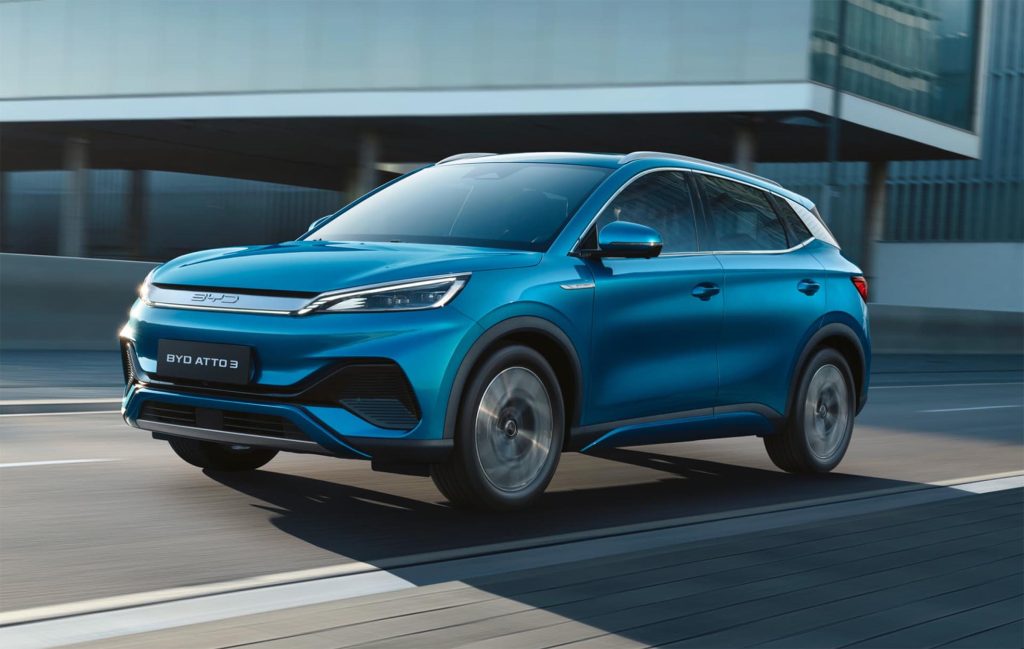
Latest tariffs follow on the heels of a USTR investigation back in 2018 that found China wasn’t playing fair
The Section 301 China Tariffs were implemented in 2018 after a United States Trade Representative (USTR) investigation into China’s trade practices found that certain Chinese policies and practices were unreasonable or discriminatory and burdened or restricted U.S. companies and workers.
Specifically, the USTR determined from the investigation in 2018 that China uses joint venture requirements, foreign investment restrictions, and administrative review and licensing processes to force or pressure technology transfers from U.S. companies to a Chinese entity.
The USTR also found in 2018 China maintains unfair licensing practices that prevent U.S. companies from getting market-based returns for their intellectual property.

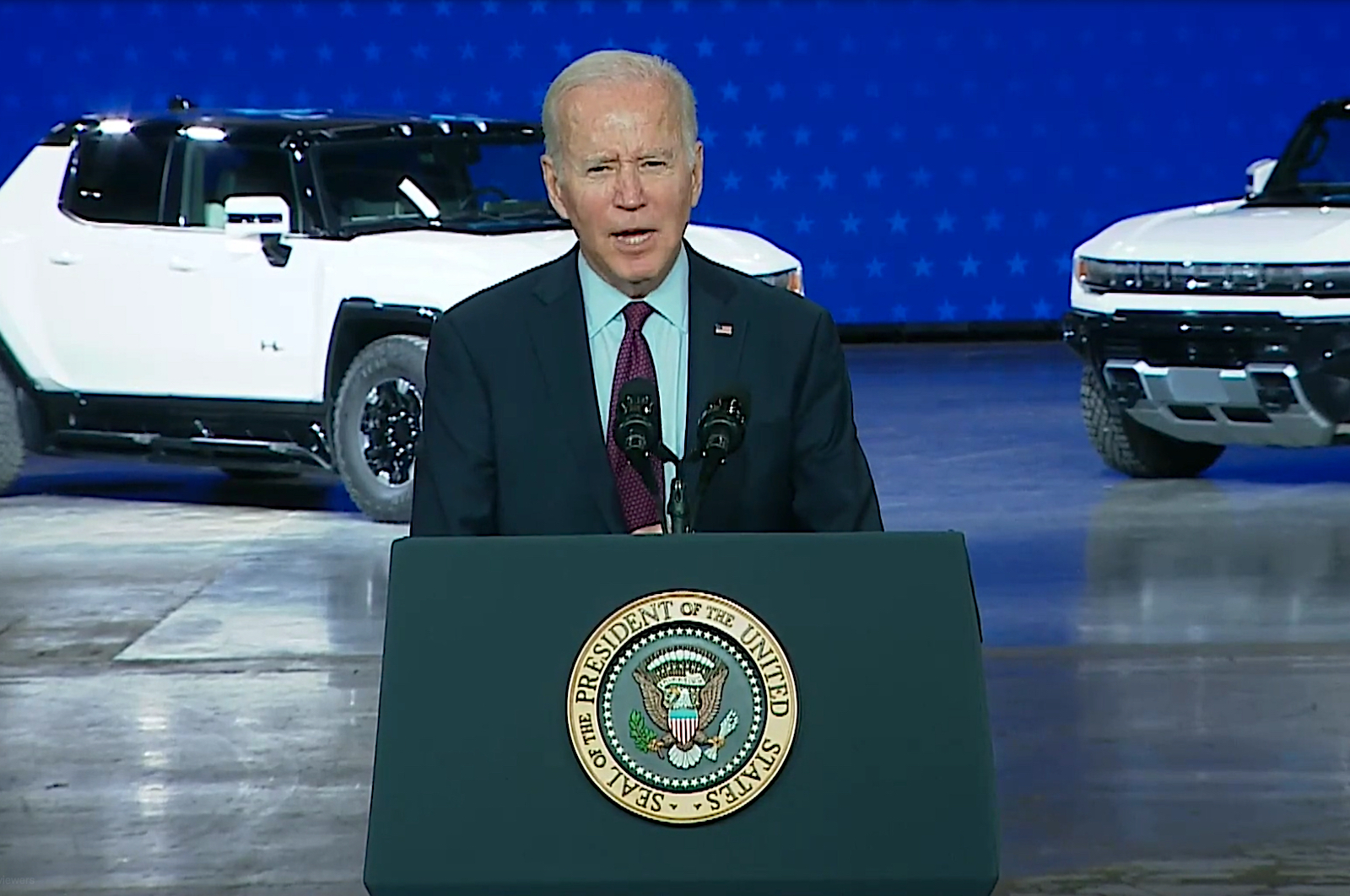
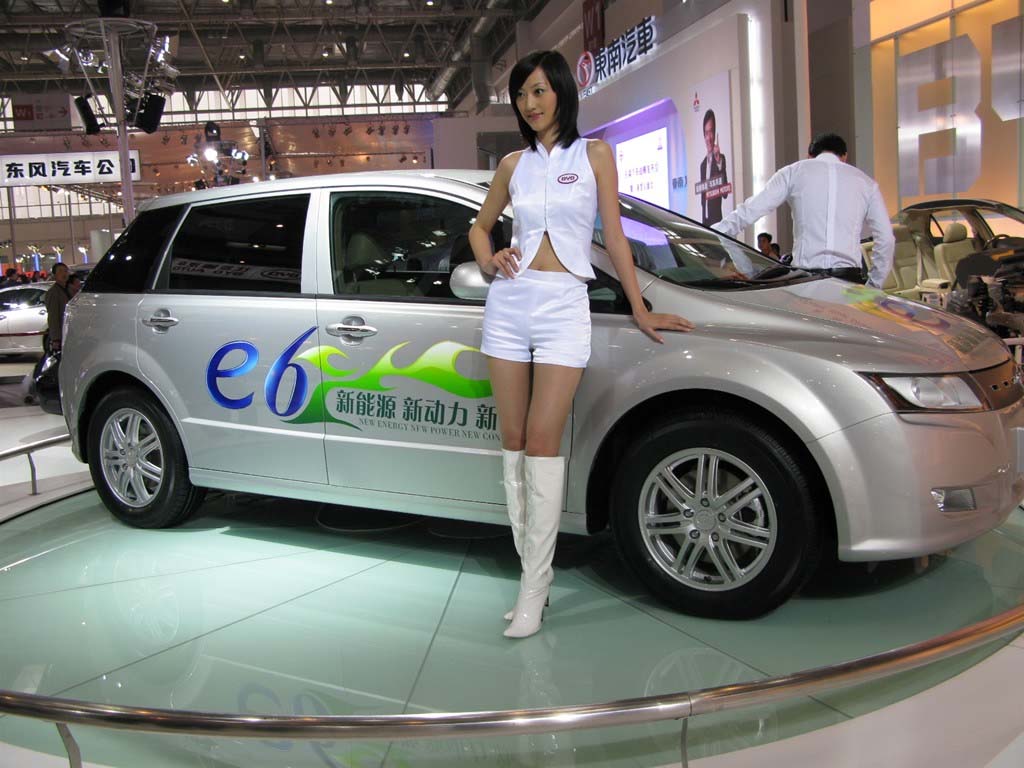
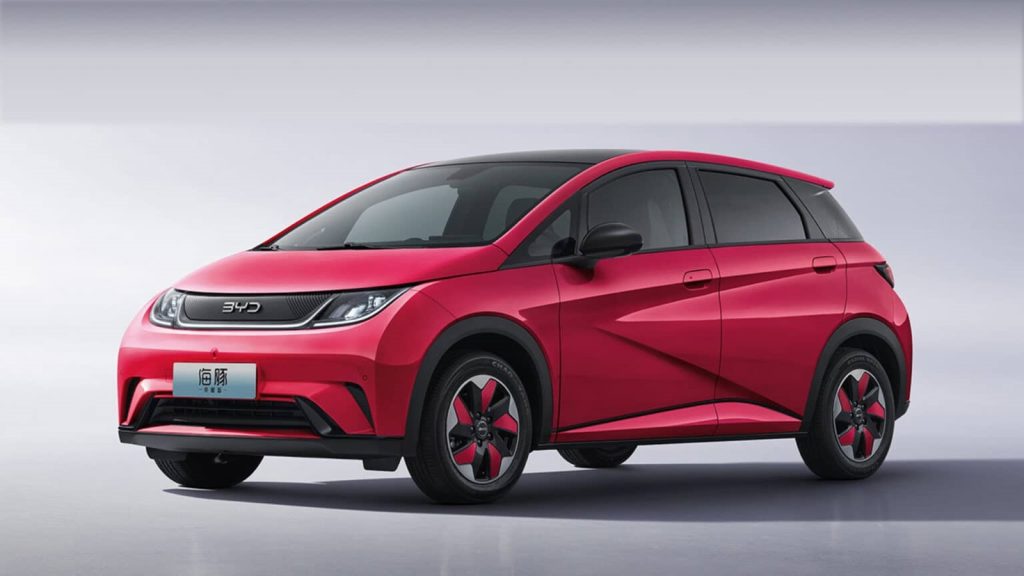
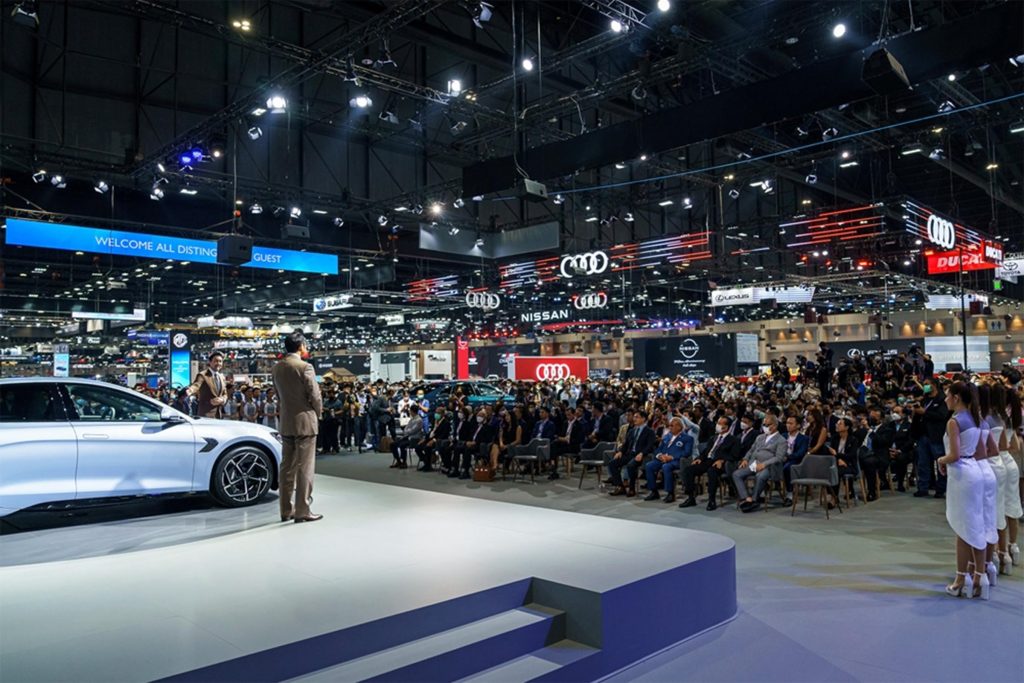
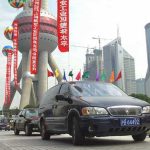
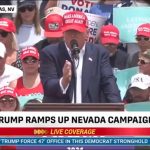
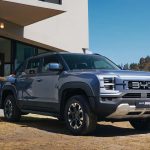

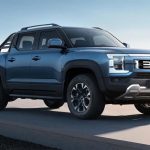
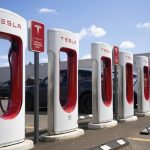
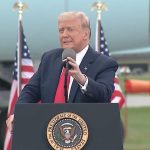
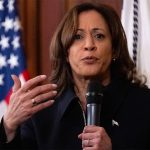
0 Comments